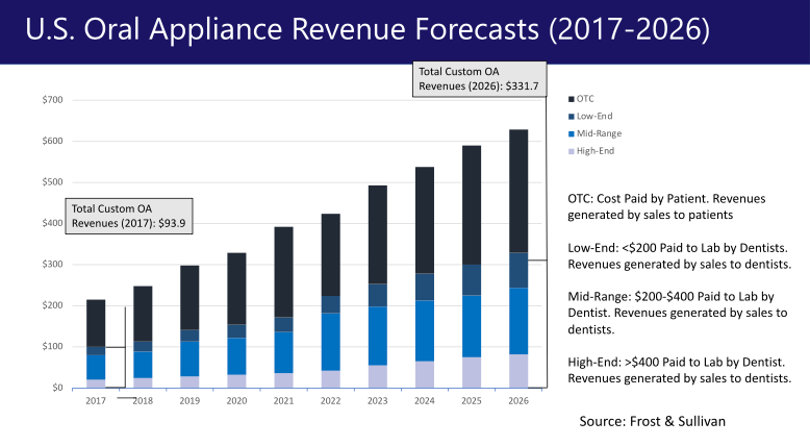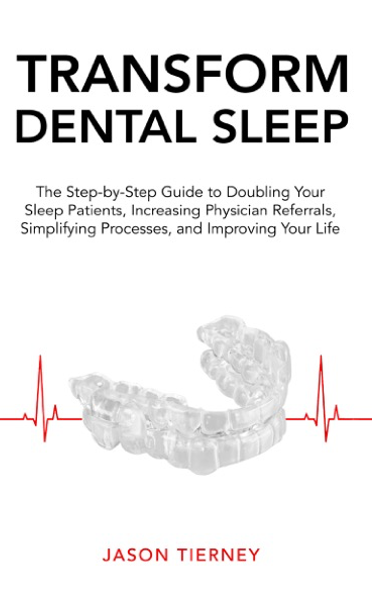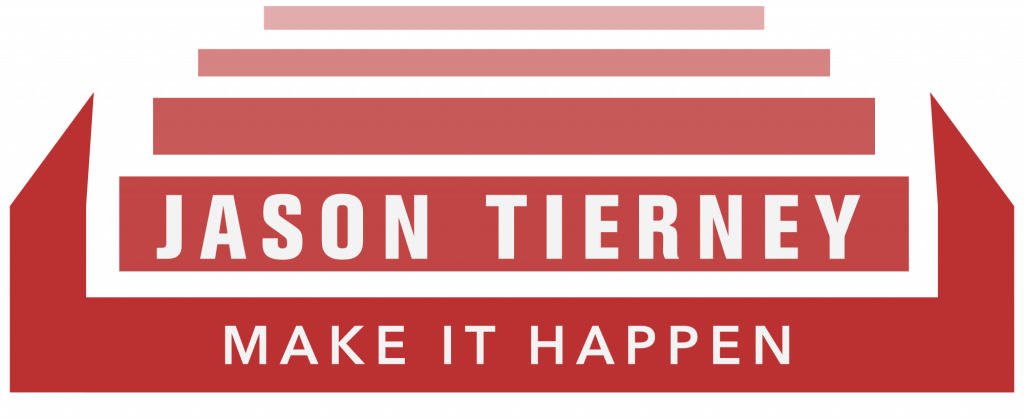THE 100 CLUB

In 2015, Frost and Sullivan, a respected market research firm, published a report on the state of the sleep field and its forecast for the next five years—basically where we are today. Their data crunchers noted that only 100 dentists—what I’ll call “The 100 Club”—were responsible for approximately 32 percent of the custom appliances prescribed in the U.S. each year. It also divined that, by the time you read this, more than 3 million appliances would be delivered annually.
They missed the bullseye. Hell, they missed the entire target. The ADA estimates the number of general dentists in the U.S. at 185,000. This means the other 184,900 have their work cut out for them. Who are these dentists? The participants in dental sleep hokey-pokey usually conform to one of these character profiles. See if you identify with any of them.
Dr. Ireada Studythatsaid: This dentist yearns to know everything about sleep medicine, except, you know, how to actually provide sleep medicine procedures in their practice. They rack up dozens of hours of CE, debate the ethics of medical billing, deliberate over which appliance would have been better indicated for a patient they read about in some obscure case study, and suck the minds and resources dry from every sales rep who will take their calls.
You have to commend this type’s commitment to lifelong learning. Oftentimes, those of Dr. Studythatsaid’s ilk are also amateur engineers. They love to wax philosophical with sales reps about how they should reconfigure their devices because, “One time I saw a poster presentation by a guy who treated a patient who …” I used to run into these guys a lot and, well, I’m just glad we were never near a high enough balcony.

- Dr. Juggler: They are eager to provide the best care possible, and they grasp the benefits of adding sleep to the practice. But. They. Just. Can’t. Find. The. Time. This manifests as unused HST units and drawers filled with disposables, untrained teams, and unscreened patients. It nearly always results in total abandonment of the DSM mission. They are usually up to their eyeballs in busyness, but at least it’s in procedures they’re intimately familiar with. They earn a decent living and go home, but they aren’t happy. They suffer from the discomfort of being comfortable. Their velvet handcuffs are getting too tight.
Implementing DSM into your practice isn’t an all-or-nothing proposition. If you provide Invisalign or another clear aligner solution, you didn’t go to a 24 month ortho program, and if you’re a general dentist placing implants, you didn’t enroll in an oral surgery residency.
You can have multiple goals and focuses. However, if you are spread too thin, balance and accomplishments will elude you. In Winning, Tim Grover, author and former personal trainer to Michael Jordan, Kobe Bryant, and other elite athletes, deftly compares too many goals and inputs to GPS. He says it’s like simultaneously putting your destination into Google Maps, Waze, and MapQuest. Each will take you on a different route, with a different ETA. It’s unnecessarily confusing. Just don’t do it.
- Dr Ima Holdup: Don’t confuse Dr. Holdup with Dr. Juggler. Dr. Holdup insists on being involved in every step of the dental sleep implementation process despite being chronically double-booked and ten minutes behind. They refuse to let the team go to a medical billing seminar without being there personally. They have to do all the sleep consults, discuss financial arrangements, and be present for all sleep team training. Dr. Holdup’s micro-management style strips the team of any sense of autonomy. This doctor doesn’t delegate or grant latitude, hindering progress at every turn. They’re the bottleneck every time.
- Chris Plateau, DDS, D-ABDSM, D-ASBA: Plateau treats more sleep
 patients than most dentists, usually in the 2-to-10 patients per month range. They might even lecture around the country teaching other dentists how toreplicate their success. This looks great until you consider that they live in a town of 400,000. Statistically, about 100,000 of them probably have obstructive sleep apnea (OSA). At this rate, they’ll treat them all in 833 years.
patients than most dentists, usually in the 2-to-10 patients per month range. They might even lecture around the country teaching other dentists how toreplicate their success. This looks great until you consider that they live in a town of 400,000. Statistically, about 100,000 of them probably have obstructive sleep apnea (OSA). At this rate, they’ll treat them all in 833 years.
Also, consider how this doc earned their namesake. While the patient volume may seem desirable and it’s certainly much more than most do before they quit, they’ve been stalled at this number for years. They’re too busy protecting their ego and living the DSM high life to approach the field with the open mind that got them to this point.
New marketing avenues and physician referral sources, and a new outlook would likely accelerate their practice so they can join the aforementioned 100 Club. But who cares when everyone fawns over them at the AADSM annual meeting’s happy hour? Geezus Louizus.
If you’re one of these people, that’s OK. Our worst traits are nearly always our most desirable ones that have been allowed to run amok.
Dialing back Dr. Studythatsaid’s analytical nature a bit makes him an extremely conscientious clinician who wants to do all he can to give his patient the best treatment.
Focusing Dr. Juggler’s unending energy on a few key targets will transform them into a powerhouse.
And setting new goals for Dr. Plateau can help them become Dr. Peaks. You get the idea.
For actionable techniques to propel your dental sleep practice, order a copy of my new book, TRANSFORM DENTAL SLEEP: The Step-by-Step Guide to Doubling Your Sleep Patients, Increasing Physician Referrals, Simplifying Processes, and Improving Your Life.
“Caution: This book may change lives! Are you one of those dentists that have tried to add another vertical to your practice, Dental Sleep Medicine, and failed like the majority? Do something spectacular and life-changing for your patients, yourself, and your team. You have two choices: 1. read Jason Tierney’s book and transform lives, or 2. Ignore it and be stagnant.”
– John Tucker, DMD, D-ABDSM
Stay informed about Jason’s books, media, & adventures
